Is the Sustainable Grain Market Worth It?
DTN
JUNE 26, 2023
The market for sustainable ingredients is continually expanding due to an increasing number of food, pet food, and biofuel companies setting goals to reduce their environmental impacts. A third party is often used to help food and biofuel companies source sustainable grains. Opportunities can also be found through local connections.

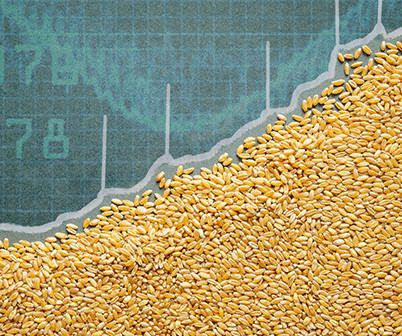
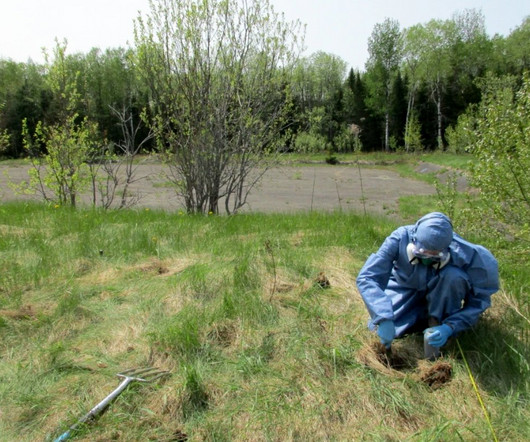
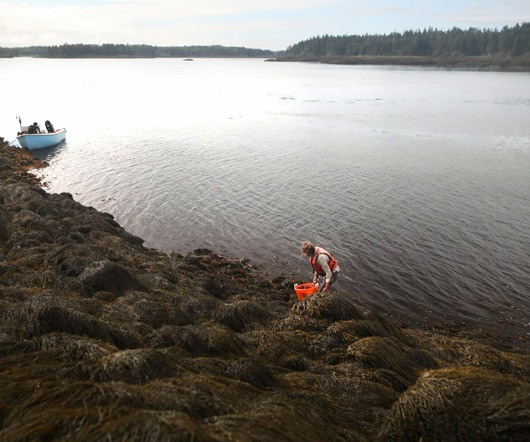
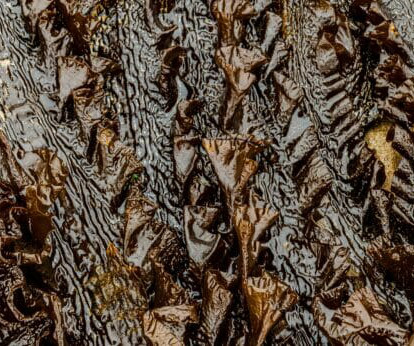
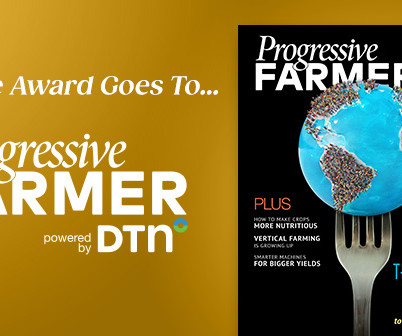

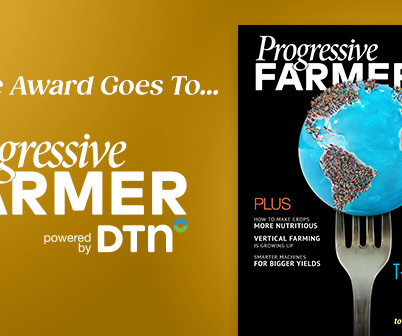






Let's personalize your content